Understanding Delusion and Blunder 4umi with Example In 2024
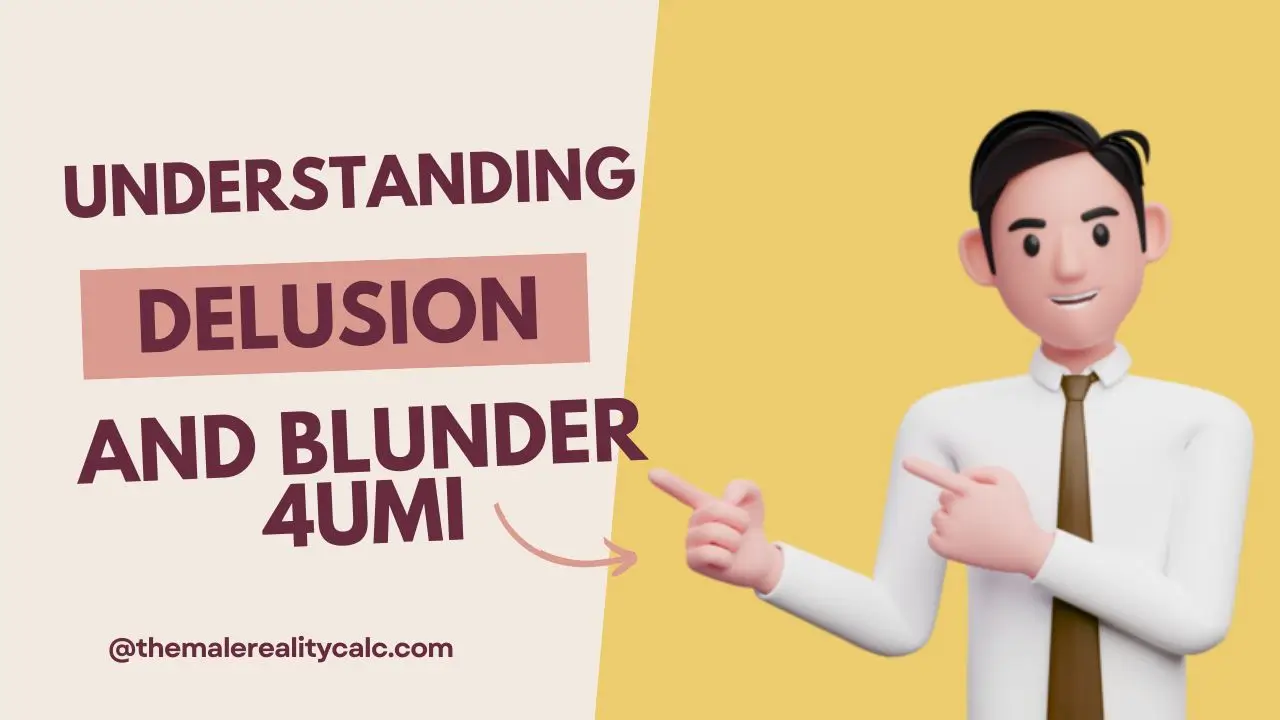
Understanding Delusion and Blunder 4umi: Delusion and blunder 4umi are two terms that describe different types of illogical decision-making. Delusion is a false belief that cannot be changed by logic or evidence, while a blunder is a silly mistake made without much thought.
These two concepts can lead to severe consequences for individuals, relationships, businesses, and organizations. This article will explore how people can better understand and use these concepts to make wiser life choices.
Understanding Delusion
Delusion is a mental state in which a person has a mistaken belief that resists change despite evidence to the contrary. Various circumstances, such as mental illness, drug use, or a lack of critical thinking abilities, can induce delusions. Paranoid, grandiose, and religious delusions are all common types of delusions.
You can also learn about How To Guess A Man’s Age?
For example, a person suffering from paranoid delusions may assume they are being followed or monitored by someone, even if there is no evidence to support this assumption. A person suffering from grandiose delusions may believe they are a celebrity despite the lack of facts to support this claim.
Understanding Blunder
Blunder, on the other hand, is a hastily created mistake. Mistakes can result from a lack of attention, impaired judgment, or a failure to analyze all relevant information. Miscommunications, oversights, and miscalculations are all examples of common errors.
For example, a person may make a mistake by emailing the wrong recipient, resulting in the disclosure of confidential information. A company may need to evaluate the effect of a new product launch on existing customers, which could result in a loss of sales.
Understanding Delusion and Blunder 4umi Easily
| Criteria | Delusion | Blunder |
|---|---|---|
| Definition | A false belief that persists despite contrary evidence | A silly mistake made without much thought or attention |
| Origin | Often related to psychological factors or mental illness | Often due to poor judgment, inattention, or external factors |
| Types | Paranoid, grandiose, religious, etc. | Miscommunications, oversights, miscalculations, etc. |
| Symptom | Strong belief despite evidence, distorted reality | Poor decision-making, failure to notice key details |
| Influence | Affects how we view reality | Affects our actions and reactions to reality |
| Fixing | Requires intervention and critical thinking | Easily corrected once recognized |
| Treatment | Seek help from mental health specialist | Learn from mistakes, enhance cognitive skills, manage stress |
The Benefits Of Understanding Delusion & Blunder 4umi
Delusion and Blunder 4umi is a program that assists you in identifying and correcting cognitive problems. It is founded on the premise that we frequently make mistakes because our emotions, biases, assumptions, and expectations influence us. By using delusion and blunder 4umi, you can learn to recognize these influences and challenge them using logic and facts. This can help you enhance your decision-making, problem-solving, communication, and self-awareness.
How to Apply Delusion and Blunder 4umi to Everyday Life?
To use delusion and blunder 4umi, you need to follow steps:
- Determine the error. This includes when you make a mistake or hold a mistaken belief. You can accomplish this by asking yourself, “Is this true?” How do I know this? What proof do I have? What are your options?
- Analyze the error. This involves understanding why you committed a mistake or believed a lie. You can ask yourself things like, “What influenced me?” What were my assumptions? What prejudices did I have? What emotions did I experience?
- Fix the error that was made. This means changing your ideas or actions to reflect reality. You can ask yourself, “What is the correct answer?” What is the most prudent course of action? What can I take away from this?

Symptoms of Delusion
A delusion is a false or unreasonable belief that persists despite opposing evidence. Some common delusion symptoms include:
- Having a strong belief in something even though it isn’t true
- Any information that opposes the belief is rejected or ignored.
- Inability to explain or justify a belief using logic or evidence
- Having a distorted view of reality or oneself
- Suffering from distress or impairment as a result of the belief
You can also learn about What Are The Stages Of Delusion?
Here are some examples of delusions
- Believing in one’s extraordinary abilities or capabilities
- Believing that one is being persecuted or that one is being conspired against
- Believing that you are in a relationship with someone you do not know.
- Believing in severe sickness or injury that does not exist
Symptoms of Blunder
A blunder is a mistake or error caused by poor judgment or inattention. The following are some common signs of blunder:
- Making a poor decision or acting in a way that has undesirable consequences
- Failure to detect or take into account key details or factors
- Misinterpretation or misinterpretation of a circumstance or a person
- Forgetting or failing to notice something important or obvious
- Without thinking, acting hastily, or irresponsibly.
Here are some examples of blunders:
- Leaving your keys inside a locked vehicle
- Sending an email to the incorrect person
- Changing your medicine dosages
- You spilled coffee on your laptop.
- Saying anything rude or unsuitable
Distinctions Between Delusion and Blunders
Delusion and blunder are both types of cognitive errors, yet they differ in several ways:
- Delusion is more solid and hard to change than a mistake. Mistakes are easily fixed once recognized, whereas delusion needs more work and intervention.
- Delusion relates to beliefs more than actions, whereas blunder relates to acts more than beliefs. Delusion influences how we view reality, whereas mistake influences how we react to reality.
- Delusion is more likely to be produced by psychological factors than environmental variables, and external variables are more likely to cause mistakes than psychological ones. Delusion can be caused by mental health conditions such as schizophrenia or bipolar disorder, whereas error can be caused by external circumstances such as stress, distraction, or weariness.
You can also learn about What Makes A Man Decide To Marry?
Treatment and Management
Delusion and blunder can have a detrimental impact on our lives if they are not handled or managed. They can impact our relationships, professions, health, and happiness. As a result, it is critical to seek assistance and take preventative measures.
The following are some suggested therapies and management options for illusion and blunder:
- Seek expert help from a mental health specialist if you are experiencing delusions. They can help you cope with your condition and face your false ideas by providing a diagnosis, medication, counseling, and support.
- Learn from your mistakes and prevent making them again. Apologize if you have harmed or offended someone, repair whatever damage you have caused, and accept responsibility for your actions. Also, you can increase your attention, focus, and memory skills by undertaking exercises, puzzles, or games.
You can also learn about How To Build Trust In Your Relationship
- Use Delusion and Blunder 4umi to detect and correct your errors with delusion and blunder. Question your assumptions and biases, seek input from others, and verify material before accepting it to practice self-awareness and critical thinking. Also, take care of yourself and control your stress by getting enough sleep, eating healthily, exercising regularly, and relaxing.
Final Words For Understanding Delusion and Blunder 4umi
Finally, delusions and blunders may appear identical since they are cognitive failures. However, they differ in permanence linked to beliefs, actions, and causes.
Delusions are more difficult to rectify because they are tied to beliefs, whereas mistakes are quickly addressed since they are related to actions. Understanding these distinctions can assist individuals in identifying and effectively addressing these challenges, resulting in improved mental health and decision-making.

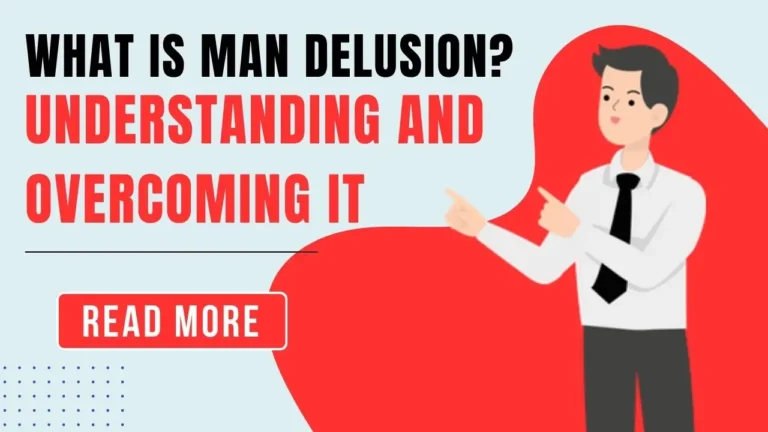

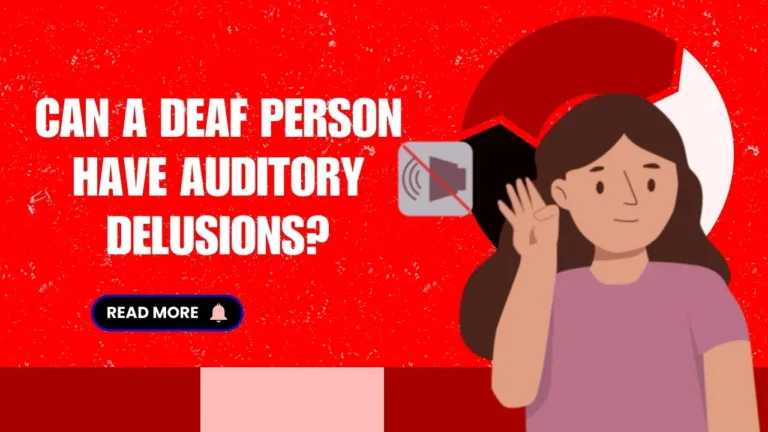
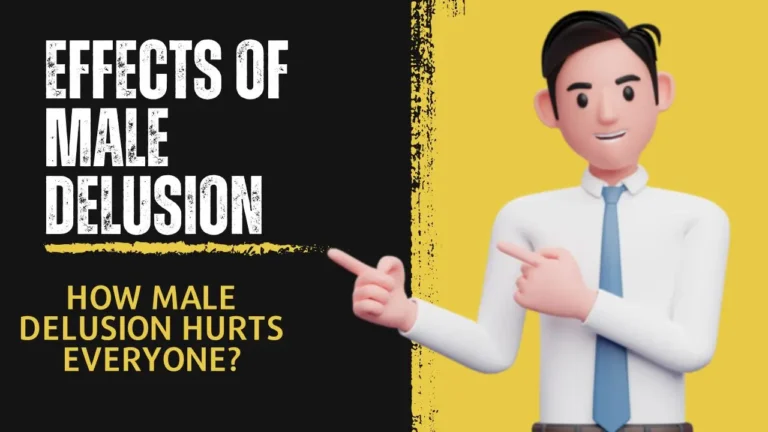
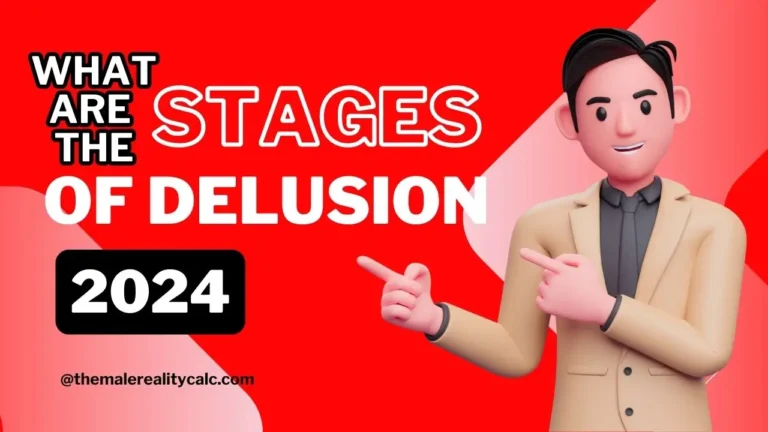

4 Comments